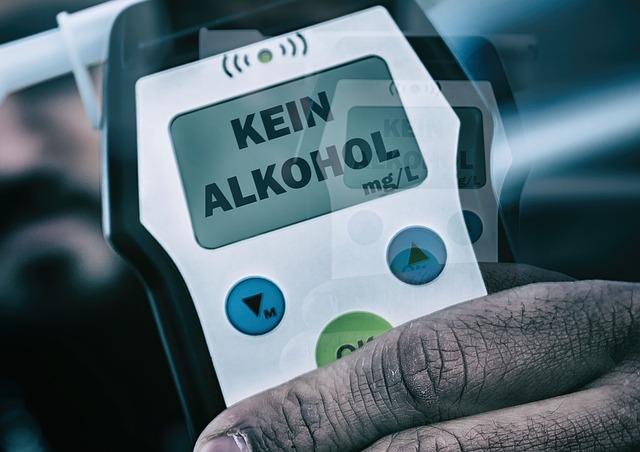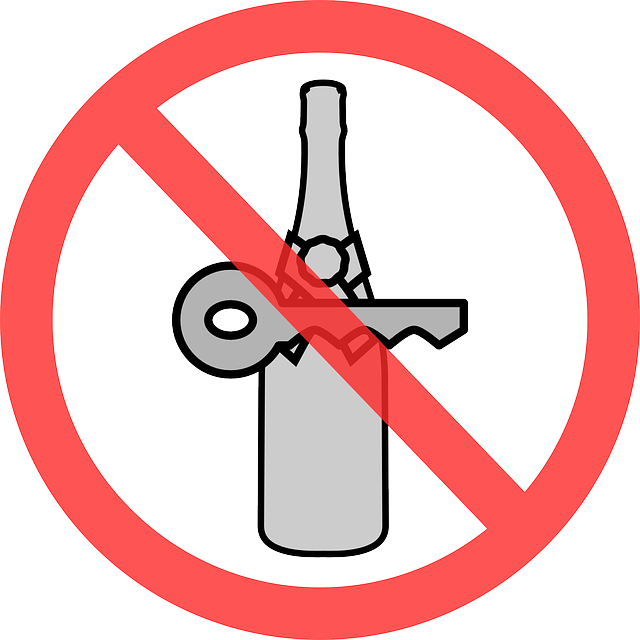College campuses across the country have implemented unique College Campus DUI Prevention programs to enhance safety, diverging from state standards with zero-tolerance policies for impaired driving. These initiatives educate students and commercial drivers about responsible alcohol consumption, aiming to prevent severe legal and personal consequences like job loss and athletic career interruptions. Effective prevention involves education, enhanced security, collaboration with law enforcement, and technology monitoring. Communities are joining forces through these College Campus DUI Prevention programs to address the issue, fostering safer driving habits in both students and commercial drivers.
In the realm of commercial driver safety, DUI incidents pose a significant challenge. This article explores comprehensive strategies to tackle College Campus DUI Prevention, focusing on unique legal considerations for commercial drivers. We delve into the impact of DUI on this demographic and student-athletes, highlighting the need for tailored defenses. By understanding relevant laws and implementing effective prevention methods, campuses can foster safer environments. Additionally, we examine community initiatives supporting recovery, offering insights into a multi-faceted approach to mitigate College Campus DUI risks.
- Understanding College Campus DUI Laws and Regulations
- The Impact of DUI on Commercial Drivers and Student Athletes
- Strategies for Preventing DUI on College Campuses
- Legal Rights and Defenses for Commercial Driver DUI Cases
- Community Initiatives and Support Systems for Recovery
Understanding College Campus DUI Laws and Regulations

College campuses across the nation have unique DUI laws and regulations specifically tailored to protect students, faculty, and visitors. These laws often differ from state-wide regulations, focusing on minimizing alcohol consumption and ensuring safe environments within educational institutions. Understanding these campus-specific rules is crucial for anyone operating a vehicle on or near college grounds.
The College Campus DUI Prevention program aims to educate the community about responsible drinking and strict penalties for impaired driving. These initiatives may include zero-tolerance policies, enhanced security measures, and regular awareness campaigns. By implementing such programs, colleges strive to create a culture of safety, discouraging students from engaging in risky behaviors, especially during social events where alcohol is involved.
The Impact of DUI on Commercial Drivers and Student Athletes

The impact of a DUI (Driving Under the Influence) conviction can be particularly severe for commercial drivers and student athletes, two groups with distinct yet equally important responsibilities on the road. For commercial drivers, whose livelihood depends on operating vehicles safely, a DUI not only leads to loss of employment but also severely damages their professional reputation. Licensure revocation and potential legal repercussions can last for years, making it challenging to re-enter the industry.
Student athletes, meanwhile, face unique challenges as well. In addition to the legal and academic consequences, a DUI conviction can significantly impact their athletic careers, especially at the college level where consistent performance is crucial for scholarship opportunities and professional prospects. The College Campus DUI Prevention programs are designed to educate these individuals about the dangers of alcohol consumption and provide strategies for responsible decision-making, aiming to mitigate such severe outcomes.
Strategies for Preventing DUI on College Campuses

Preventing DUI on college campuses requires a multi-faceted approach that combines education, enforcement, and support. One effective strategy is to implement robust educational programs that raise awareness about the dangers of driving under the influence. These programs can include workshops, seminars, and peer-to-peer discussions led by student leaders or campus safety personnel. By educating students on the consequences of DUI, including potential legal repercussions and academic penalties, campuses can foster a culture of responsibility and accountability.
Additionally, enhancing campus security measures can play a crucial role in College Campus DUI Prevention. This includes increasing patrols near residential areas and popular gathering spots during times when alcohol consumption is likely to peak. Implementing strict policies regarding ID checks and age verification at on-campus events or bars can also deter underage drinking and subsequent DUI incidents. Collaborating with local law enforcement agencies and utilizing technology for real-time monitoring of high-risk areas further strengthens the overall prevention strategy.
Legal Rights and Defenses for Commercial Driver DUI Cases

When facing a Commercial Driver DUI charge, understanding your legal rights and defenses is crucial. Unlike regular DUI cases, commercial drivers face additional regulations and penalties due to their role operating large vehicles. These include stricter blood alcohol limits—often lower than those for non-commercial drivers—and enhanced penalties that can include license suspension or revocation.
Several defenses are available in Commercial Driver DUI cases. One common strategy involves challenging the admissibility of breath test results, as equipment calibration and officer training inconsistencies may apply. Additionally, attorneys can argue that a driver’s actions were not impeded by intoxication but rather by fatigue or other external factors, especially considering the demanding nature of long-haul trucking. Furthermore, knowledge of college campus DUI prevention programs—which often target commercial drivers due to their significant impact on public safety—can be leveraged to demonstrate awareness and responsible driving habits.
Community Initiatives and Support Systems for Recovery

Many communities are actively implementing initiatives aimed at preventing and addressing College Campus DUI issues. These programs often involve partnerships between local law enforcement, educational institutions, and community organizations to foster a culture of responsible drinking and safe transportation. One notable approach is the integration of DUI prevention education into campus life, where students learn about the legal consequences and personal risks associated with operating a vehicle under the influence.
Support systems for recovery play a crucial role in helping commercial drivers who have faced DUI charges. These systems include counseling services, support groups, and rehabilitation programs tailored to accommodate the unique needs of individuals in the trucking industry. By providing access to these resources, communities are not only assisting in the legal defense process but also encouraging long-term behavioral changes that promote safer driving habits and overall well-being.
Understanding the unique challenges faced by commercial drivers and student athletes, implementing robust college campus DUI prevention strategies is essential. By navigating the complex web of laws and regulations, fostering community support systems, and employing effective legal defenses, institutions can mitigate risks and promote safer environments. In focusing on both prevention and recovery, these comprehensive approaches aim to minimize the impact of DUI incidents, ensuring a brighter future for all involved. Moreover, leveraging community initiatives enhances the overall effectiveness of college campus DUI prevention efforts, ultimately contributing to a culture of safety and responsible decision-making.






